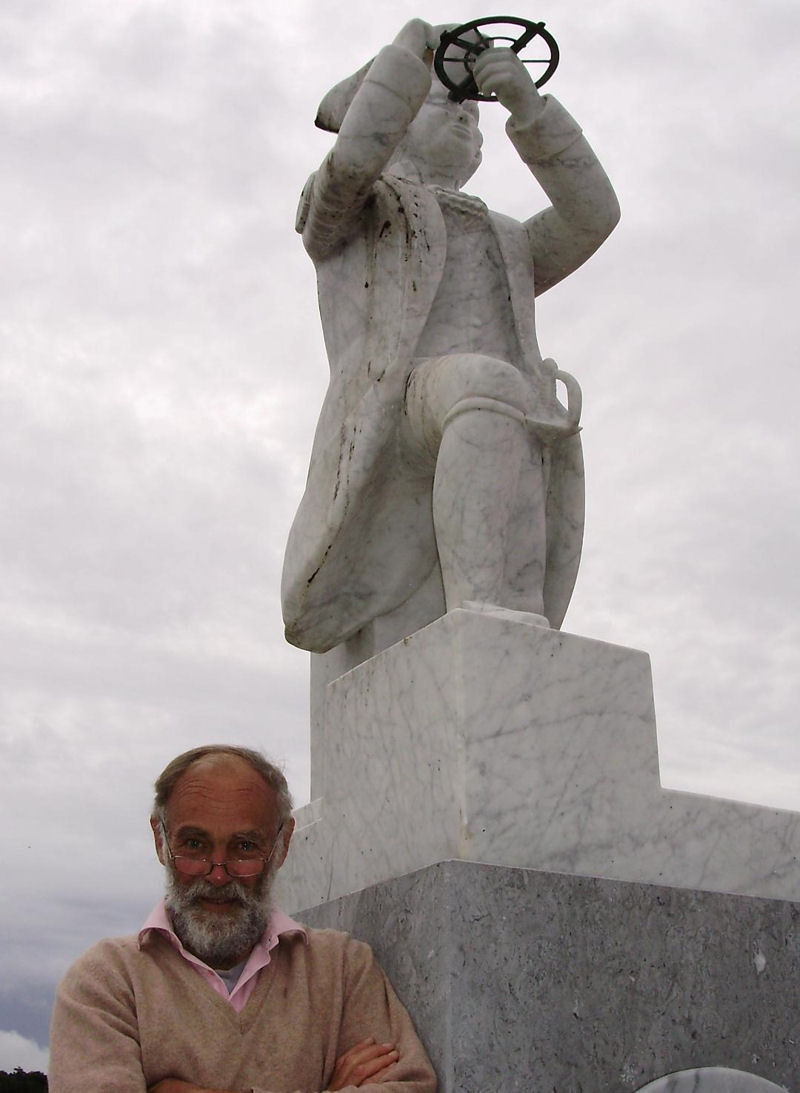2016-1, EU referendums, (British/Dutch)
 Friday, February 5, 2016
Friday, February 5, 2016 If you ask the wrong question, you may get the wrong answer. As in this press release.
The Dutch referendum on 6th April was a nonsense: those voting 'yes' were thinking about Ukraine, those voting 'no' were more concerned about the EU.
We have got to say 'yes' to something. Decision-making should invariably be based on ballots of 3- or more- options, on which the voters say 'yes' to at least one option, or, at best, in their order of preference to more than one. Thus can we identify the option with the highest average preference, which is, ah, the consensus option.




